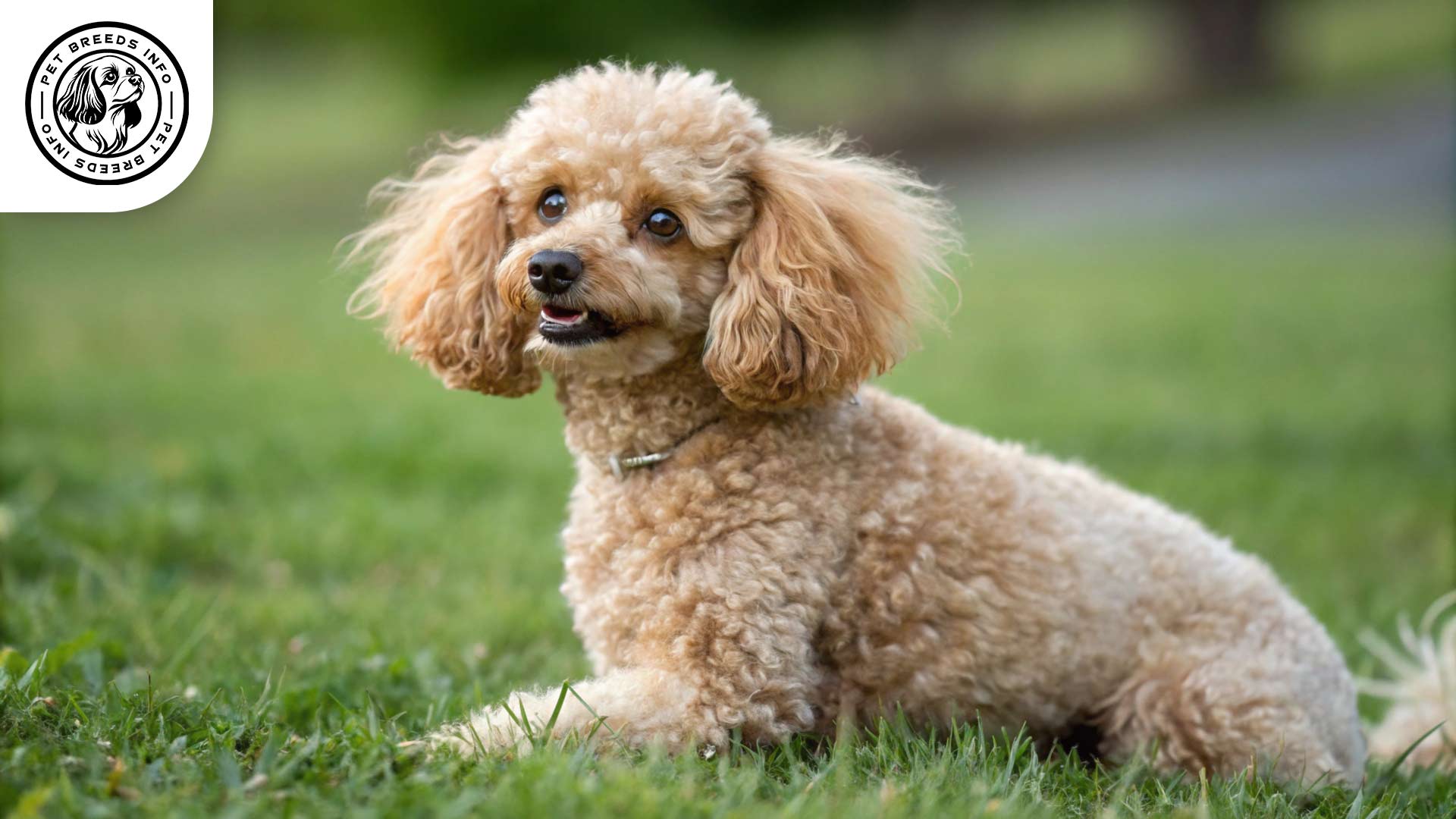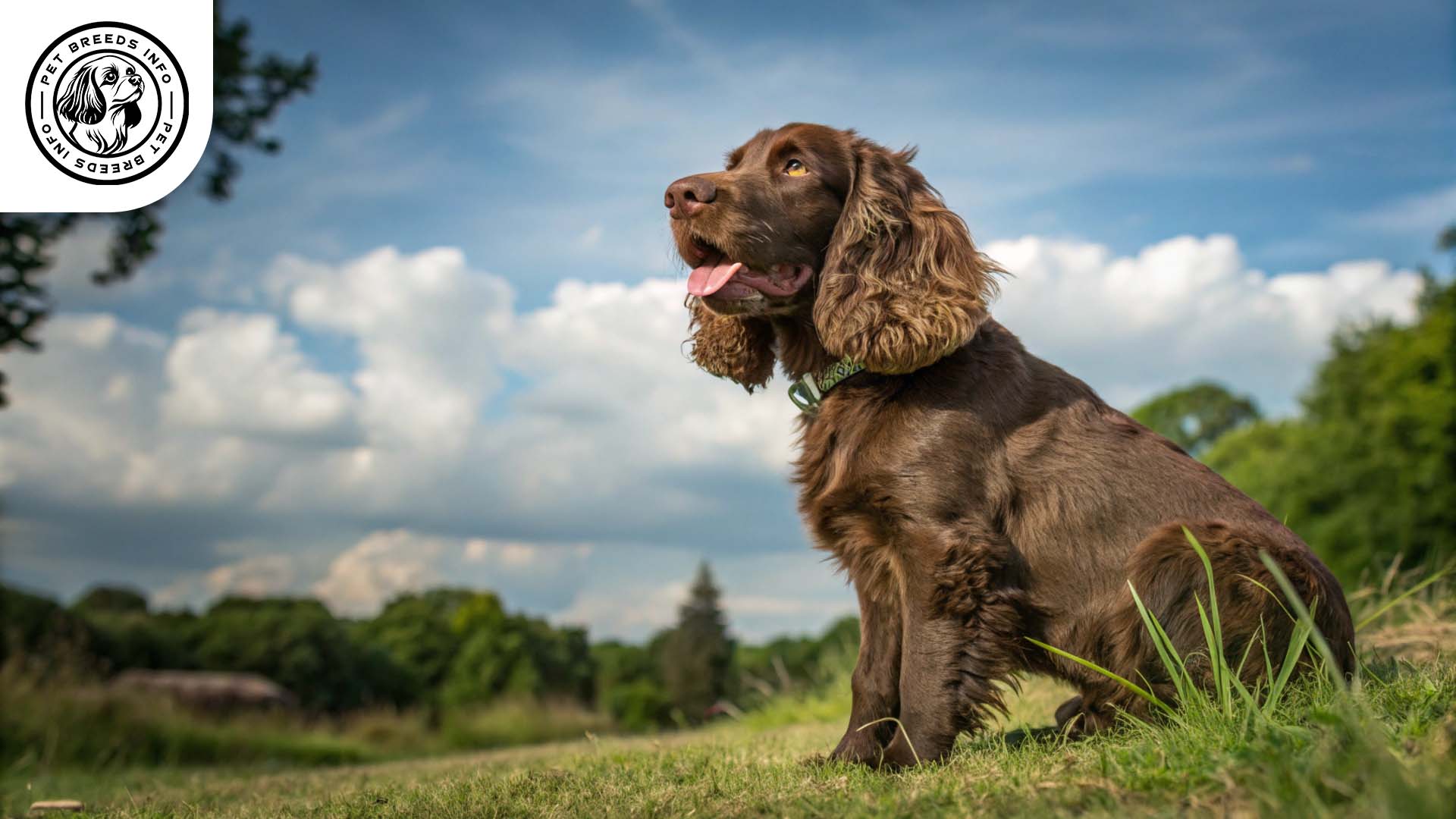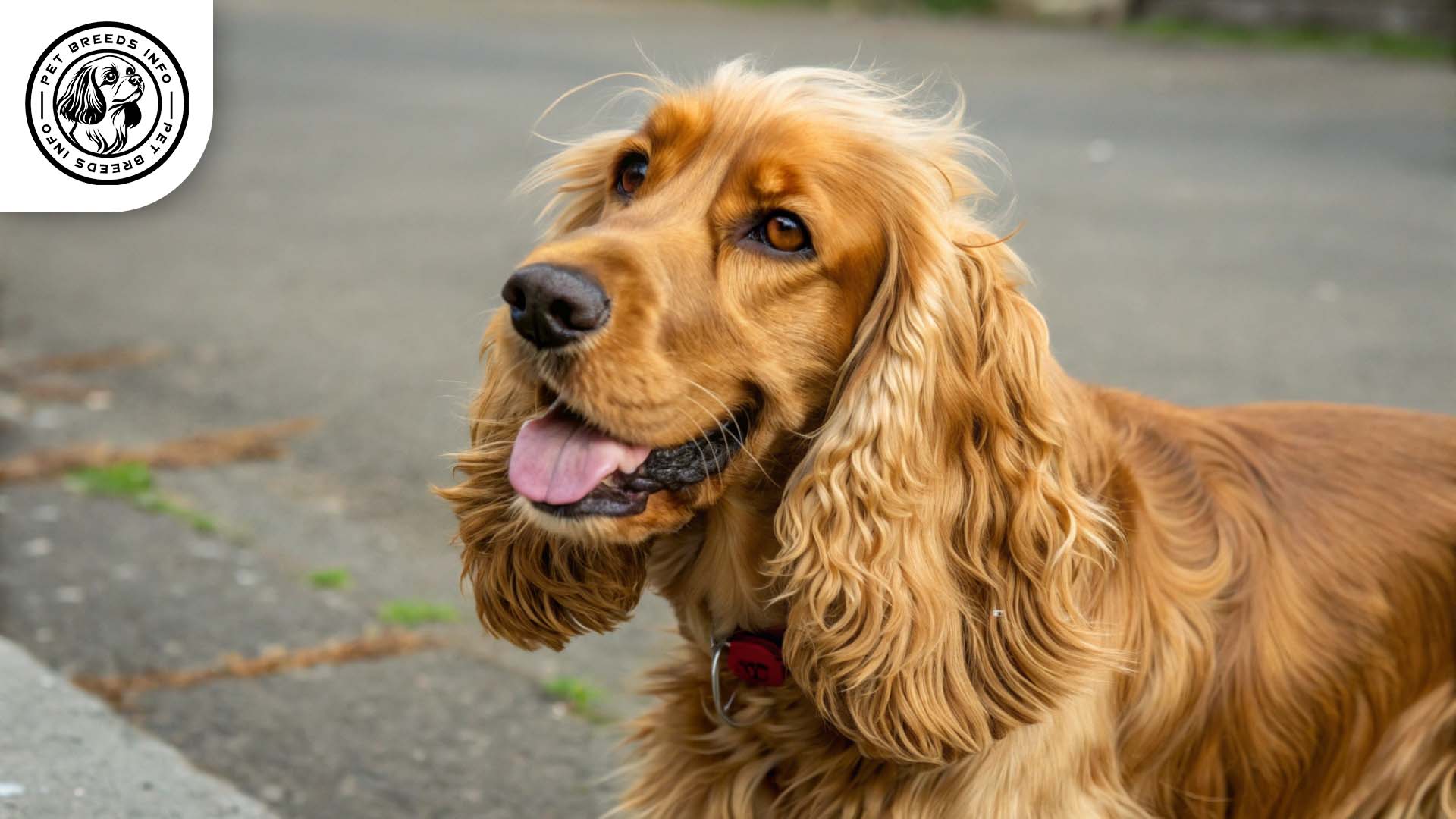Miniature Poodle Dog Breed: Size, Price & Personality
General Introduction of the Breed
The Miniature Poodle, known as “Caniche” in French, is a popular and highly intelligent dog breed. It is also sometimes referred to as the “Barbone” or simply “Poodle.”
This breed originated in France and Germany, where it was initially bred as a water retriever. The Poodle’s characteristic curly coat helped protect it from cold waters while retrieving game. Over time, the breed was selectively bred into three sizes – Standard, Miniature, and Toy – with the Miniature Poodle specifically developed for companionship.
Table of Contents
| Color | Black, White, Brown, Apricot, Gray, Blue, Silver |
| Weight | 10 to 15 pounds (4.5 to 7 kg) |
| Lifespan | 12 to 15 years |
| Diet | High-quality dry kibble, wet food, or balanced raw diet. Protein-rich. Avoid chocolate, grapes, onions, high fat, and artificial additives. |
| Care | Daily exercise, interactive play, regular grooming (brushing 3x/week, professional every 4-6 weeks), bathing, ear cleaning, nail trimming, dental care. Protect from extreme heat/cold. |
| Health | Hip dysplasia, Progressive Retinal Atrophy (PRA), epilepsy, patellar luxation, allergies, skin sensitivities. Genetic testing is recommended. |
| Nature | Intelligent, affectionate, playful, trainable, sensitive, thrives on companionship, can have separation anxiety. Good with children and other pets with proper socialization. |
| Price | $1,000 to $3,000 (varies based on pedigree and breeder). Adoption is also an option. |
Physical Characteristics
The Miniature Poodle stands between 10 to 15 inches (25 to 38 cm) tall at the shoulder and weighs between 10 to 15 pounds (4.5 to 7 kg).
It has a dense, curly coat that is hypoallergenic, making it a suitable pet for allergy sufferers. The coat comes in various colors, including black, white, brown, apricot, gray, blue, and silver.
The breed has dark, oval-shaped eyes that give it an alert and intelligent expression. Its ears are long, hanging close to the head, and covered with curly hair. The tail is often docked in some countries, though this practice is less common today.
Distinctive physical traits include a slender and athletic build, a proud carriage, and a refined facial structure.
Read More: Polish Lowland Sheepdog
Personality and Temperament
The Miniature Poodle is highly intelligent and ranks among the easiest breeds to train. It excels in obedience, agility, and problem-solving.
This breed has a high energy level and requires regular mental and physical stimulation.
It is deeply attached to its owners and thrives on human companionship. Separation anxiety can be a concern if left alone for long periods.
Miniature Poodles are generally friendly with children and other pets, displaying a playful and affectionate nature.
They have minimal hunting instincts but enjoy interactive play sessions.
The breed is highly sensitive to its environment and may react to sudden changes in routine or surroundings.
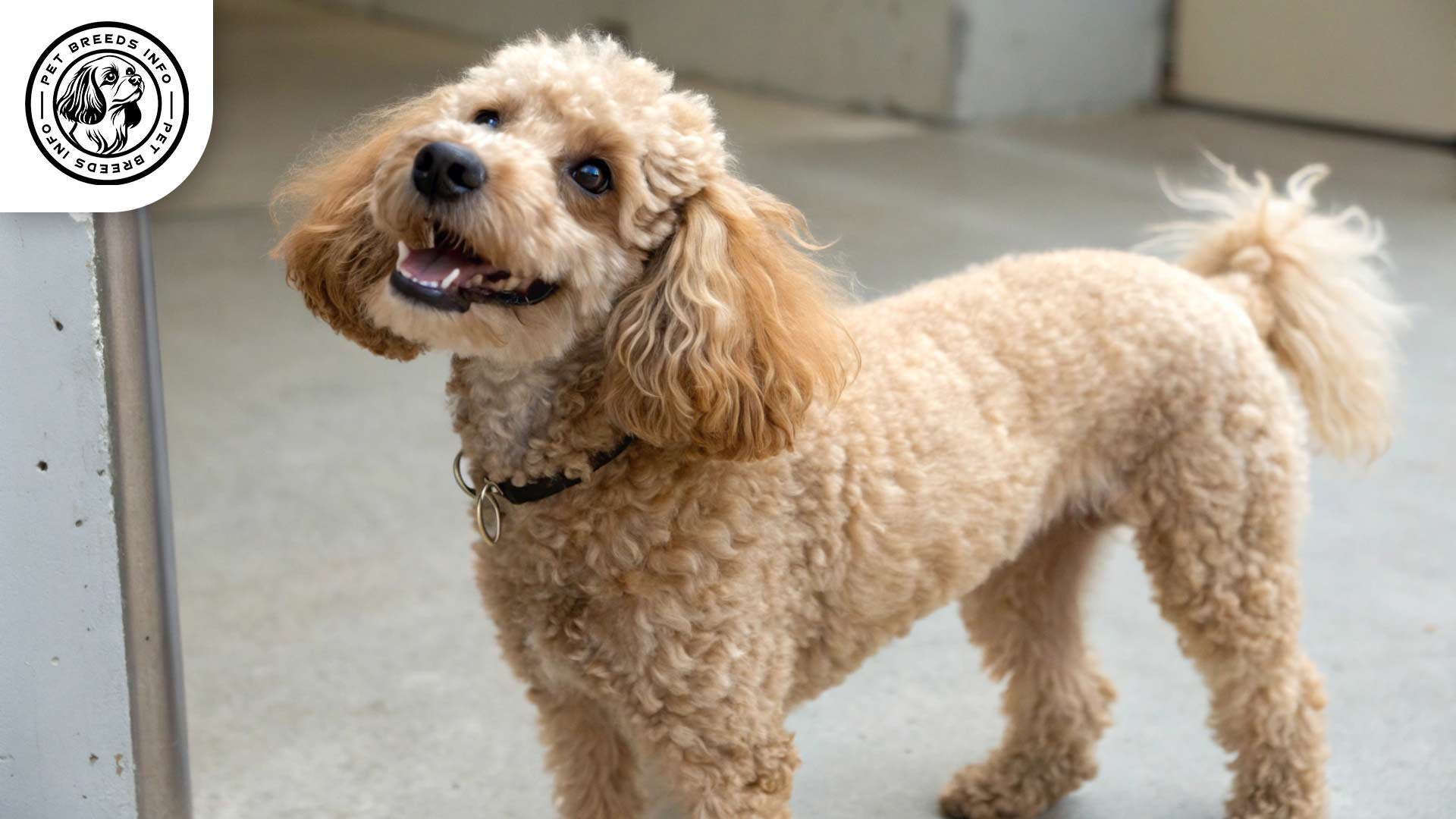
Care and Maintenance Requirements
The Miniature Poodle requires daily exercise and interactive play to stay happy and healthy. Short walks, playtime, and mental stimulation activities are essential.
This breed adapts well to apartment living, provided it receives sufficient physical and mental activity.
Regular grooming is necessary to maintain its curly coat. Brushing should be done at least three times a week, and professional grooming is recommended every four to six weeks.
The breed is sensitive to both extreme heat and cold, requiring proper protection during harsh weather conditions.
Regular bathing, ear cleaning, nail trimming, and dental care are essential to prevent infections and maintain overall health.
Diet and Nutrition
The Miniature Poodle thrives on high-quality dry kibble, wet food, or a well-balanced raw diet. Protein-rich food supports its active lifestyle.
This breed may have specific dietary sensitivities, requiring careful selection of ingredients.
Foods to be avoided include chocolate, grapes, onions, and foods high in fat or artificial additives.
Portion sizes should be carefully controlled to prevent obesity, with two balanced meals per day being ideal.
Read More: Toy Poodle Dog
Health and Common Medical Issues
Common health conditions in Miniature Poodles include hip dysplasia, progressive retinal atrophy (PRA), epilepsy, and patellar luxation.
The breed is also prone to allergies and skin sensitivities, requiring regular grooming and a controlled diet.
The average lifespan of a Miniature Poodle ranges from 12 to 15 years.
Routine vaccinations, parasite prevention, and annual veterinary check-ups are vital for maintaining good health.
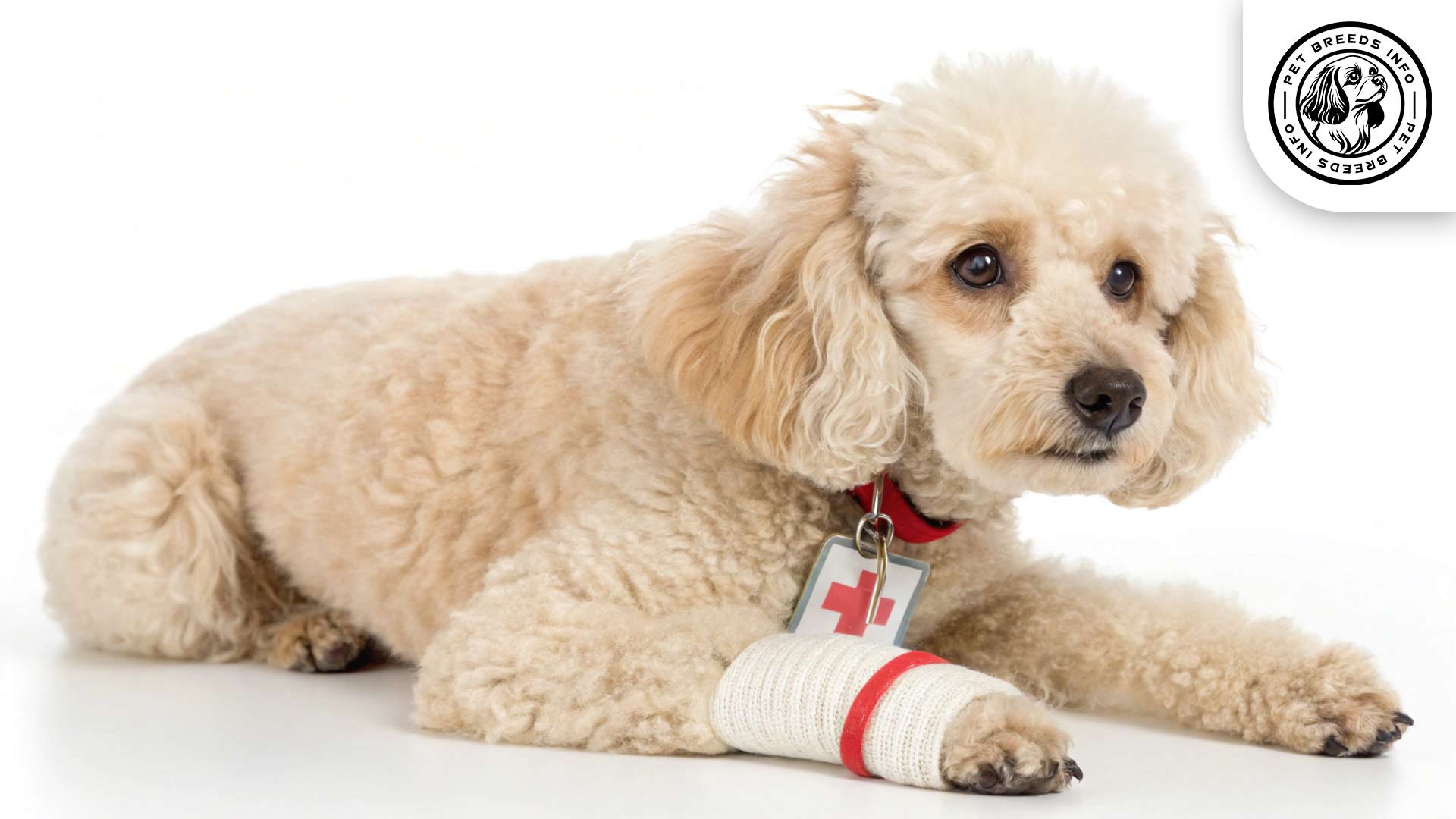
Training and Behavior Management
Miniature Poodles are highly trainable and eager to please. They respond well to positive reinforcement techniques.
Consistent early training and socialization help prevent behavioral issues.
Reinforcing good behavior with treats, praise, and rewards is highly effective.
Interaction with Other Animals and Humans
This breed is generally affectionate and patient with children, making it a good family pet.
Miniature Poodles get along well with other pets if introduced properly.
They are well-suited for both individuals and families, adapting to different home environments.
While they form strong bonds with their owners, Miniature Poodles tend to be dependent and do not enjoy prolonged isolation.

Price and Availability
The price of a Miniature Poodle varies widely, typically ranging from $1,000 to $3,000 based on pedigree and breeder reputation.
Potential owners should seek reputable breeders who conduct health screenings and ethical breeding practices.
Adoption is a great alternative, with Miniature Poodles available in shelters and breed-specific rescue groups.
Read More: Pomeranian Dog
Conclusion and Final Thoughts
The Miniature Poodle is an intelligent, affectionate, and adaptable breed, making it an excellent companion for various lifestyles.
It thrives in homes where it receives sufficient attention, exercise, and grooming care.
Before adopting a Miniature Poodle, potential owners should consider the breed’s need for regular grooming, social interaction, and mental stimulation.
FAQ
Is the Miniature Poodle truly hypoallergenic?
While the Miniature Poodle’s coat produces less dander than many other breeds, it is not completely hypoallergenic. Individuals with severe allergies may still experience reactions.
What are the common health issues for Miniature Poodles?
Common health conditions include hip dysplasia, Progressive Retinal Atrophy (PRA), epilepsy, patellar luxation, and allergies/skin sensitivities. Genetic testing is recommended.
What kind of diet is best for a Miniature Poodle?
A high-quality diet of dry kibble, wet food, or a balanced raw diet is recommended, with a focus on protein-rich foods. Avoid foods like chocolate, grapes, and onions. It is important to choose food that is age appropriate.
How much grooming does a Miniature Poodle require?
Regular grooming is essential. Brushing should be done at least three times a week, and professional grooming is recommended every four to six weeks. Regular bathing, ear cleaning, nail trimming, and dental care are also necessary.
What is the typical temperament of a Miniature Poodle?
Miniature Poodles are highly intelligent, affectionate, playful, and trainable. They thrive on human companionship and are generally good with children and other pets, provided they are properly socialized. They can be sensitive and prone to separation anxiety.
